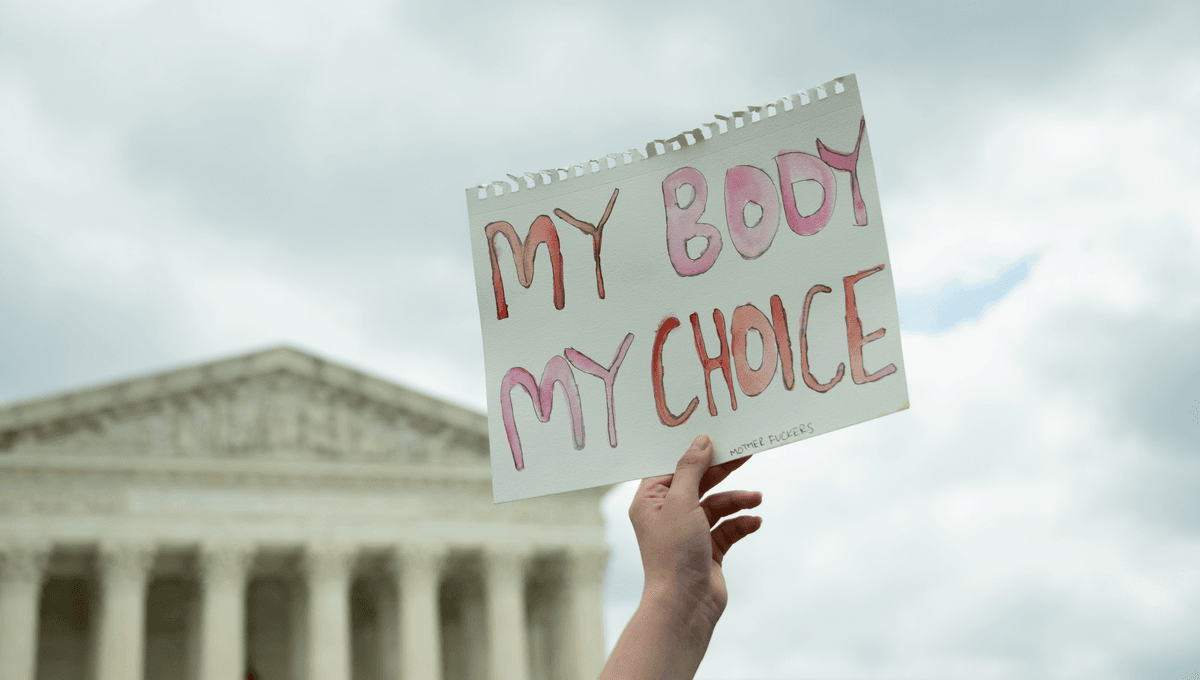
Abortion rights are big news at the moment – and for good reason, with countries like Poland and the USA seeing women and children becoming critically endangered or facing criminal charges as they seek medical care to end their pregnancies.
Evidence continues to show that the laws behind these high-profile cases are not just unpopular, but also unsafe, increasing both the number of unsafe abortions and the rates of suicide among women of childbearing age.
It might feel good, then, for those of us outside such countries to look on them as a kind of cautionary tale. A new United Nations-funded report from researchers at the World Health Organization (WHO) suggests that may be a bad idea, however – because, as it turns out, you’re extremely likely to be living under similar restrictions yourself.
“Abortions are criminalised in some circumstances in almost all countries in the world today,” the authors write.
Indeed, out of the 182 countries included in the survey, “134 countries penalize abortion-seekers, 181 countries penalize abortion-providers and 159 countries penalize persons assisting in abortions,” they point out. Meanwhile, 34 countries restrict even the dissemination of information about abortions.
In most of those countries, abortion is prohibited under some circumstances, and permitted in others – although 11 nations completely prohibit and criminalize the procedure in all cases. Where people fall foul of these laws, punishments can vary dramatically depending on jurisdiction: in 134 countries, it’s the person seeking the abortion who can be punished, with anything between up to five years and life in prison as a maximum sentence. In almost as many, simply “assisting” an abortion – even through actions as small as providing financial resources or driving a patient to their appointment – can result in legal punishment.
That same range of penalties is directed at abortion providers in 181 countries, with five nations considering life in prison as the appropriate punishment for those administering the procedure. Many more prescribe financial or professional sanctions against abortion providers, ranging from fines to official warnings to suspension of their qualifications and prohibition from working in their field.
While some may see this widespread prohibition as evidence against the procedure, the researchers see a different conclusion in the data. “The sheer range of penalties that persons involved in the abortion may face, depending on where they are, support the argument that provisions criminalizing abortions are arbitrary,” they argue.
“This arbitrariness is also evident in the listed mitigating and aggravating factors that influence sentencing in abortion-related offences,” they add – noting as an example that “the same circumstance, such as if the provider is related to the person seeking the abortion, may be a reason to increase the penalty in one country and decrease the penalty in another.”
In some jurisdictions, that arbitrariness is particularly obvious. Administer, aid, or receive a consensual abortion in the wrong country, and you may find yourself facing prohibitions on the exercise of “civic and family rights” (Burkina Faso); having to pay blood money (Pakistan, Yemen); performing hard labor (Syria, Antigua, Russia); or any number of other wild and wacky punishments.
With so much effort thrown behind criminalizing the procedure, you might expect that these countries would at least have something to show for it – but, as the authors note, “criminalization does not decrease abortions or make them safer.”
Rather, they point out, evidence from the WHO shows that criminalization of abortion “delays access to abortion; imposes burdens on abortion seekers including unnecessary travel and cost, delayed or no access to postabortion care, distress and stigma; increases recourse to unlawful and unsafe abortion; contributes to the lower availability of trained abortion providers; and can cause health workers to act cautiously, making them hesitant to provide abortion care in circumstances where it is legal.”
Meanwhile, countries where abortion has been decriminalized stand as a testament to the benefits of such a move: people seeking to end their pregnancies are able to access better quality care, experience higher educational attainment, career outcomes, and earnings, and national maternal mortality outcomes are reduced.
All in all, then, the evidence supports the stance that abortion should be decriminalized, the authors conclude. “International human rights law requires countries to undertake measures to reduce maternal mortality and morbidity,” they write.
“Scholars have argued, and international human rights standards have affirmed, that absolute criminal prohibitions on abortion constitute an arbitrary deprivation of the rights to life and health, and hence, have recommended for decriminalization.”
The study is published in BMJ Global Health.
Source Link: Think Your Country Is Hot On Abortion Rights? Think Again